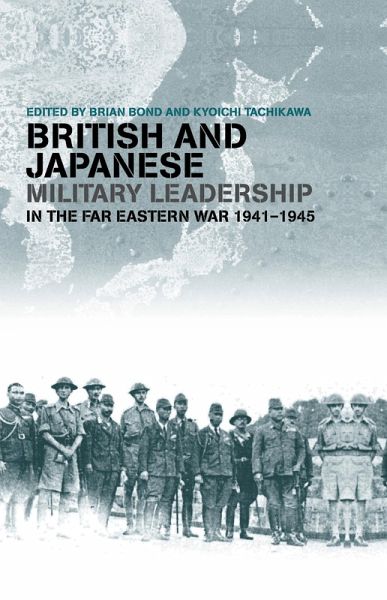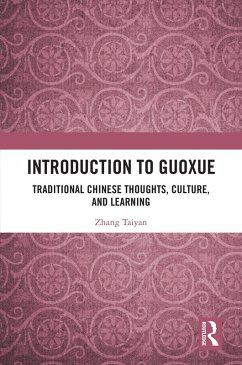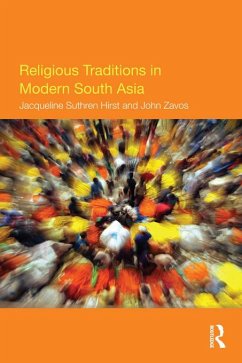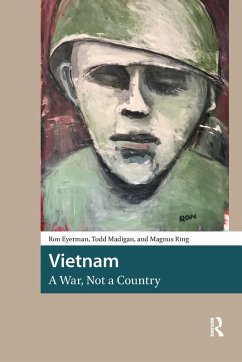
British and Japanese Military Leadership in the Far Eastern War, 1941-45 (eBook, PDF)
Versandkostenfrei!
Sofort per Download lieferbar
51,95 €
inkl. MwSt.
Weitere Ausgaben:

PAYBACK Punkte
26 °P sammeln!
Some sixty years after the Far Eastern War ended, this innovative new collection brings together five distinguished UK-based scholars and five from Japan to reappraise their respective country's leadership in the Malaya and Burma campaigns. This leadership is analyzed on various levels, ranging from the grand strategic to operational.
Dieser Download kann aus rechtlichen Gründen nur mit Rechnungsadresse in A, B, BG, CY, CZ, D, DK, EW, E, FIN, F, GR, HR, H, IRL, I, LT, L, LR, M, NL, PL, P, R, S, SLO, SK ausgeliefert werden.













